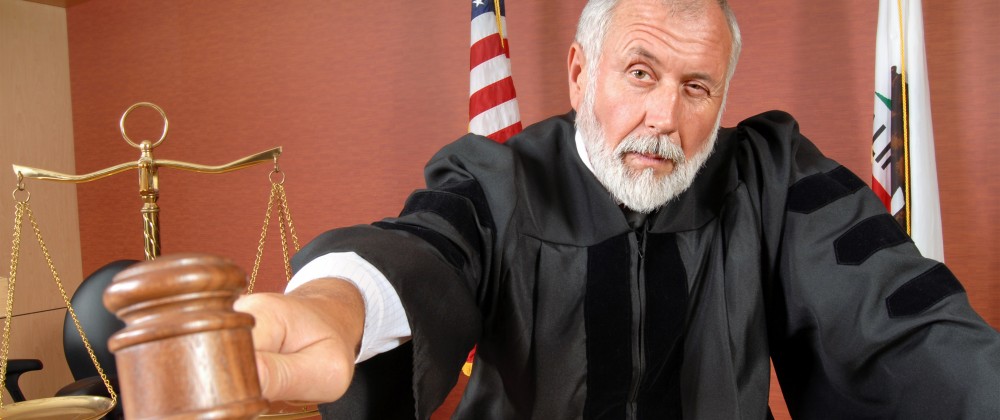Every once in a while you hear about a lawsuit that someone has filed which constitutes a real head-scratcher. The kind that makes you wonder where our  legal system is going. This week we were treated with a lawsuit filed by a man, Andrew Rector of New York, who was caught by ESPN cameras sleeping during a baseball game, and who feels he has been defamed because the announcers found that funny and commented about it. He seeks more than $10 million in damages from ESPN, its announcers, the New York Yankees and Major League Baseball.
legal system is going. This week we were treated with a lawsuit filed by a man, Andrew Rector of New York, who was caught by ESPN cameras sleeping during a baseball game, and who feels he has been defamed because the announcers found that funny and commented about it. He seeks more than $10 million in damages from ESPN, its announcers, the New York Yankees and Major League Baseball.
I’ll be the first to admit that while I love baseball, there are times when the games move slowly, get a little boring or tedious, and I have also nodded off at a few, only to be elbowed by my wife to keep me from dribbling mustard on my clothes from the hot dog I hold in a death grip during my little snooze. If I had ever thought that there might be money in such trips to dreamland, however, I’d opt for seats in a more camera-friendly location of my local stadium.
What I think Mr. Rector and his attorney should consider before pursing this litigation much further is just how often we are all seen on video each day. Every person now sports the technological equipment in their hand to videotape every fight, argument, fall, stumble, arrest, nose-picking, earwax sniffing, wardrobe malfunction, and yes, sleeping incident, and they do so, and post them all to You-Tube constantly. Is ESPN more liable because they disseminate their video as part of their “for profit” business? I don’t think so. The fact of the matter is that when we step outside, we have essentially abandoned our “expectation of privacy”. If ESPN had not captured Mr. Rector’s nap, but someone else had done so on a cell phone and uploaded it to You-Tube, who becomes liable for his “damages” then?
Most sporting event tickets have a disclaimer on the back warning the attendee that he/she may be injured by thrown or batted balls, flying pucks or golf balls, etc. Must they now add a disclaimer that reminds those attending sporting events that, because virtually every sporting event is televised, they run the risk of actually being SEEN by others on television? In fact, isn’t that attention what most of the nuts waving at the camera behind home plate and elsewhere in the stadium actually lust for and seek out?
Mr. Rector claims that by disseminating his unseemly appearance snoozing through the game, with a comment or two about his activity (or lack thereof), it subjected him to “character and reputational” injury, and caused him loss of earning capacity. Seriously? We have been treated in recent years to late night TV hosts showing congressional aides sleeping or picking their noses behind senators during various hearings, Morgan Freeman drifting off during an interview, a news reporter’s on-air gibberish from a possible stroke, and even Vice President Biden apparently napping during a speech by President Obama. Do all of them have a claim for monetary damages because these videos were made public? If they do, and if a claim such as Mr. Rector’s is allowed to be pursued, we have entered a new era of civil litigation that is likely to overwhelm our legal system with unending lawsuits.
But at least if I trip on someone’s sidewalk, I can always hope that somebody catches it on camera and promotes it, thereby affording me the opportunity to seek compensation for my reputational damage due to my own clumsiness, if not for my actual physical injuries themselves…





